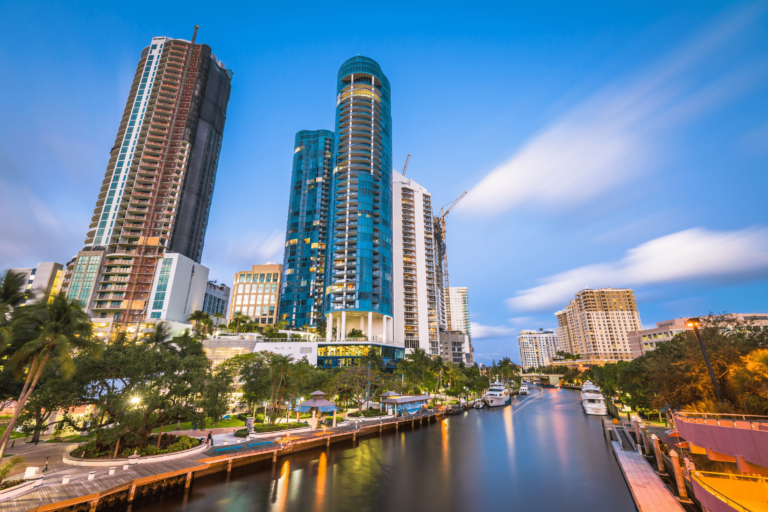Florida is an excellent place to open a restaurant, especially if you are establishing a food business in an area with a massive influx of consumers. While developing a creative brand and choosing your cuisine style are crucial steps in this process, you must first obtain the required licenses to operate.
Read on to discover which licenses you need to open a restaurant in Florida.
What Licenses Are Needed to Open a Restaurant in Florida? – In Detail
Forming the Company
If you want to own a successful restaurant, you need a remarkable name to guarantee that customers will remember and distinguish your brand from competitors. As soon as you find the appropriate name, you must license it.
Please note that the business name must be unique. The next step is to find which business structure suits your company’s needs. You can form a limited liability company (LLC), a partnership, a corporate business, or even a sole proprietorship.
Applying for Business Licenses
The first license you need to conduct business in Florida is a general business license. Also referred to as a “Business Tax Receipt,” this license is required at the city or county levels for any business providing goods or services.
If you are serving food and drinks, you need specific licensing in the “Hotels and Restaurants” segment from the Florida Department of Business and Professional Regulation (DBPR).
To obtain a liquor license, you must also apply with the DBPR. Obtaining a license to serve only beer and wine is easier while applying for a hard liquor license is more complex. In such cases, consult with an expert licensing attorney for an individual assessment.
Handling Tax Permits
Once the restaurant has a proper business structure and obtained the required licenses to operate, you must pay attention to all necessary tax forms and requirements. In addition to local tax receipts, you will need to apply for tax IDs at the state and federal levels.
With the required tax numbers in place, restaurant owners can collect Social Security, Medicare, and withhold taxes from employees.
If you are providing taxable goods and services in Florida, you must also apply for a seller’s permit. Prepared food is subject to taxes, which requires restaurant owners to file for a seller’s permit (or “sales tax license”) with Florida’s Department of Revenue.
Please note that restaurants structured as sole proprietorships are subject to different tax ID requirements depending on whether the company has employees or not.
Health and Safety Inspections
Dealing with perishable goods is not easy, especially if you need to ensure all the products are certified. Restaurant owners in Florida must obtain a certificate issued by the Health Department to prove the establishment passed a sanitary inspection.
The premises where the restaurant is installed must go through detailed scrutiny from building inspectors and the local fire marshal to ensure the structure complies with Florida Fire Prevention Code and other safety rules.
Restaurants are often exposed to the risk of customer injury by illness, which requires owners to purchase special insurance policies.
Do You Want to Run a Licensed Restaurant in Florida? – Immediately Seek Legal Guidance at Jurado & Associates, P.A.
A well-versed licensing attorney from Jurado & Associates, P.A. is willing to help you succeed. Contact us today by calling (305) 921-0976 or emailing [email protected] for expert legal guidance.






